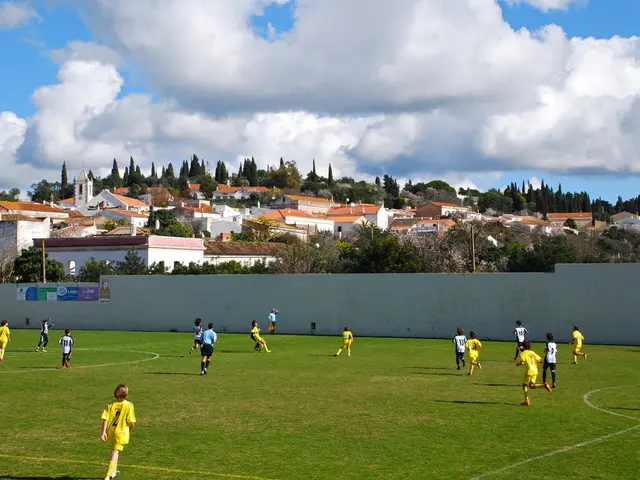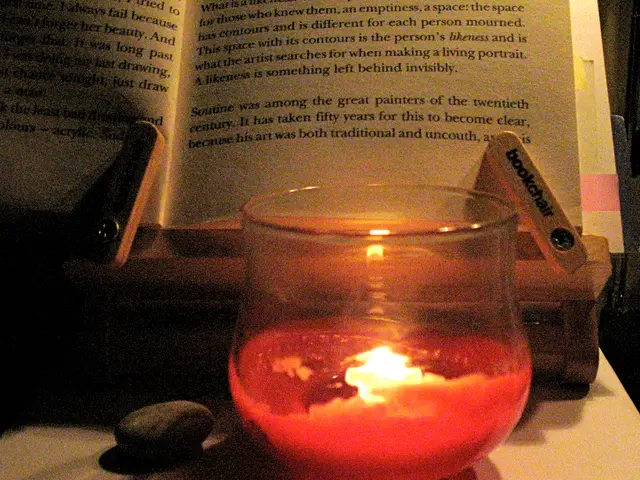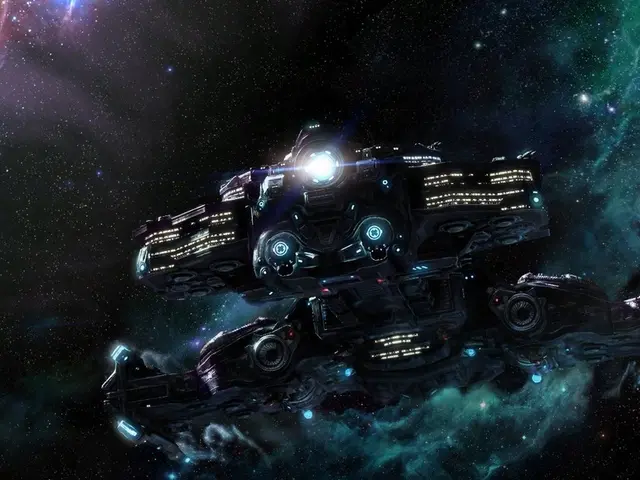Astronomer Galileo Galilei, nicknamed the Starry Messenger, contributions to telescopic astronomy
Galileo Galilei: The Starry Maverick Shaping Modern Science
Welcome, folks! Today, we're diving into the life of Galileo Galilei – the cosmic rebel, astronomy maestro, and physics whiz who single-handedly set the stage for modern science. Yep, this Guy-lieo was a real force to be reckoned with!
Renaissance Rebel
Born in Pisa, Italy, in 1564, little G came from an educated but not affluent family. He initially studied medicine at the University of Pisa but soon found his true calling in mathematics and natural philosophy, leading him to trade scalpels for chalk and equations.
Moon Man and Stargazer
With homemade telescopes that magnified objects up to 20 times, Galileo peered deep into the cosmos, observing celestial bodies like never before. He made a series of astronomical discoveries that toppled long-held beliefs and reshaped humanity's view of the universe.
He spotted lunar mountains and craters, contradicting the Aristotelian notion of celestial perfection, and discovered the phases of Venus, providing evidence for Copernican heliocentrism. But one of his most famous findings was discovering four moons orbiting Jupiter, later named the Galilean moons in his honor. These bodies were the first observed orbiting a celestial body other than Earth, dealing a massive blow to geocentrism.
Earth-Shattering Ideas
Not content to just explore the heavens, Galileo investigated the laws of motion, challenging Aristotle’s teachings that heavier objects fall faster than lighter ones. Using a 127-meter tower in Pisa, he famously dropped two spheres of different masses and proved they hit the ground at the same time. He also authored Dialogues Concerning Two New Sciences, laying the groundwork for classical mechanics.
Run-In with the Church
Of course, our really rebellious cosmic dude couldn't make his case without stirring up some controversy. Galileo supported the controversial Copernican heliocentrism, placing the Sun at the center of the universe. In 1616, the Church decreed heliocentrism heretical since it contradicted religious doctrine, and Galileo was cautioned to abandon his support for the theory. Yet, in 1632, our maverick managed to publish his Book o' the Two Big Universe Systems, which argued for heliocentrism. As a result, he faced trial by the Inquisition, was found guilty of heresy and forced to recant, spending the rest of his days under house arrest.
But ol' Galileo really knew how to turn adversity into opportunity! While confined, he produced one of his finest works, Discourses and Mathematical Demonstrations Relating to Two New Sciences. This baby was then smuggled out of Italy and published in the Netherlands.
Legacy Lasts A lifetime – and Then Some!
Galileo's health started to fail in the late 1630s, and he eventually went blind in 1638. But his intellectual contributions have stood the test of time. They formed the bedrock of the scientific method, promoting empirical evidence, and encouraged critical thinking.
Galileo's legacy continues to impact the fields of astronomy, physics, and science as a whole. His journey teaches us about the power of curiosity, the courage to question accepted truths, and the importance of rigorous, observational, and mathematical inquiry.
In brief, Galileo was not just a cosmic messenger bearing revolutionary truths but also a beacon of change who forever altered human understanding. His discoveries continue to inspire progress and curiosity, making him a vital chapter in the ongoing story of human development.
Controversy and Enlightenment
Not gonna sugarcoat it – there was a great deal of conflict during Galileo's time. He challenged long-held beliefs, and his stance on heliocentrism made waves within religious circles. Despite this, the Catholic Church eventually acknowledged their error in 1992.
Final Thoughts
Galileo's contributions truly make him one of history's all-stars. He paved the way for modern science by merging theoretical physics with empirical data. His work represents a crucial point in the history of science, marking the transition from classical antiquity's speculative reasoning to a more rigorous, observational, and mathematical framework. His story is both a poignant reminder of the complex interplay between science and society, and a powerful reminder of the courage to explore, question, and understand the world. So... what questions do you have about cosmic Galileo?
- The discoveries made by Galileo in space-and-astronomy, such as his observations of celestial bodies and the discovery of the Galilean moons, revolutionized our understanding of the universe and dealt a significant blow to geocentrism during the time of the Renaissance.
- In the field of education-and-self-development, Galileo's works, like Dialogues Concerning Two New Sciences and Discourses and Mathematical Demonstrations Relating to Two New Sciences, set the groundwork for classical mechanics and championed the importance of empirical evidence, encouraging critical thinking in generations to come.








